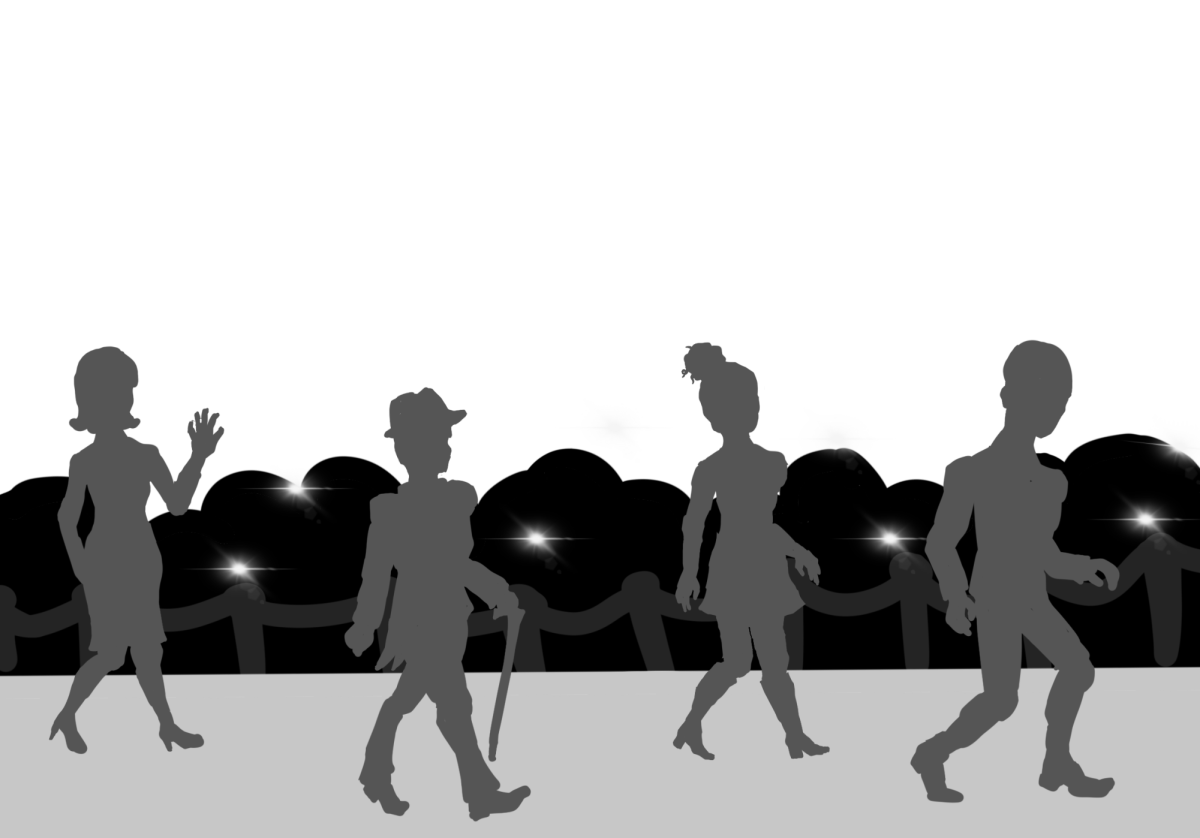
Many psychologists have argued countless times that listening to music is actually more distracting than beneficial. Cognitive psychologist Brian Anderson from Texas A&M College of Arts and Sciences noted that “human beings are not capable of truly multitasking because attention is a limited resource, and you can only focus on so much without a cost.” This goes to show that our attention isn’t meant to handle more than one task at a time effectively, and listening to music splits our attention when studying. Anderson also further explains that when you learn something, you are more likely to be able to recall the information when you are in the same type of environment that you were in when you were first learning it. For example, if you are studying in an environment where you are playing music, you are more likely to remember it during the actual exam. If you study in crowded, noisy, or just generally overwhelming conditions, it could lead to less accurate recall during the exam.
On the contrary, others believe that music has benefits with studying such as boosting your mood, increasing focus, and sometimes helping you memorize new information. Nonetheless, for many, the act of studying isn’t necessarily a pleasant and enjoyable experience, but rather stressful and time-consuming, so listening to music can be a way to wind down during this tedious activity. It is also said that listening to music, specifically from the classical genre, helps your brain with the absorption of new information, making the studying process easier.
To this day, the topic of whether music is beneficial or not for studying is complex. It typically varies on the person and people argue differently on the subject, but student’s may find it helpful to read and understand the relevant research before making their decisions. =






